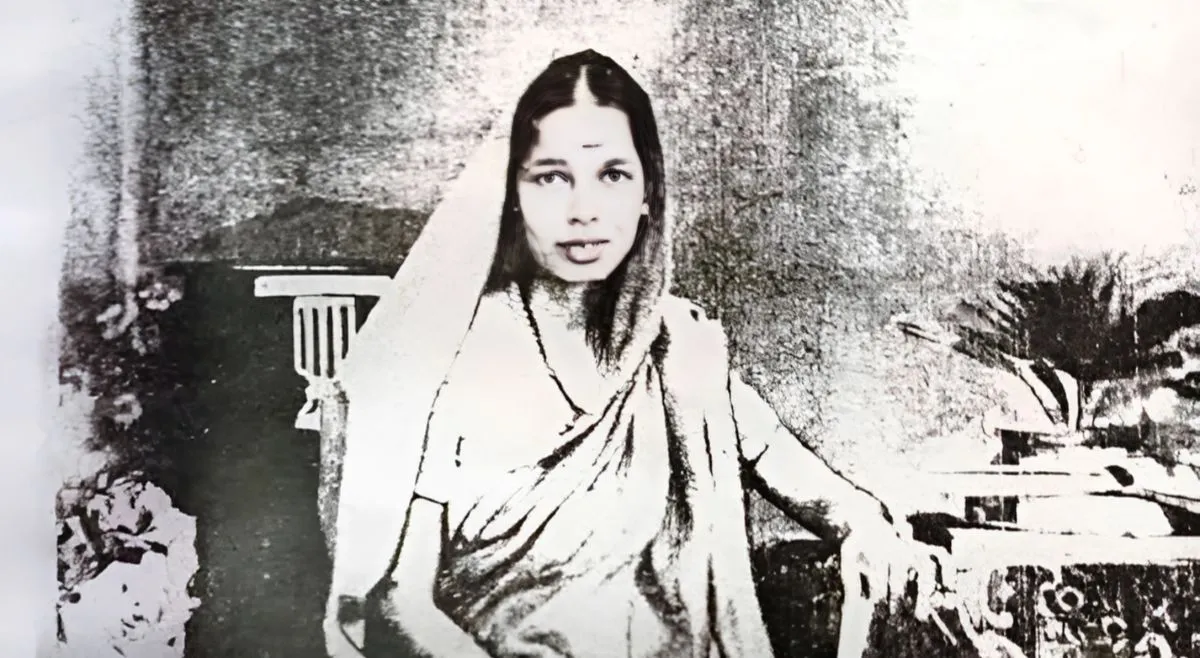- By Ridam Sharma
- Thu, 04 Sep 2025 01:26 PM (IST)
- Source:JND
First Female Teacher Of India: As Teacher’s Day 2025 is on September 5th, the day is all about honouring the invaluable contribution of teachers and teacher-like figures, who have shaped the educational landscape of India. This makes it important to talk about the first female teacher of India and the remarkable story behind her inspiring journey. Women were not always allowed to study, to be equal to men in society; they got this right after a years-long struggle by phenomenal women like her. Let’s take a look at her inspiring legacy, along with her struggles and contributions to gender equality in education.
Who Was India's First Female Teacher?
India's first woman teacher was Savitribai Phule. She was truly a teacher and social activist who revolutionised women's education. Her inspiring life and struggles still inspire millions of women.
Also Read: Teachers’ Day 2025: Date, History And Significance Of Sarvepalli Radhakrishnan’s Birth Anniversary
Early Life And Background Of Savitribai Phule:
Savitribai Phule was the first female teacher in India. She was born on 3rd January 1831 in Satara district of Maharashtra to a Dalit family, as per Britannica. The iconic woman was brought up in an environment where thinking about the education of women was only a dream. She was a child bride and was married to Jyotirao Phule, who was a prominent social reformer, who taught her to read and write.
The breakthrough teacher started her journey from teaching in Pune and Ahmednagar, and she became the first Indian woman to become a qualified teacher in 1847. She, along with Jyotirao Phule, established India's first girls' school at Bhide Wada, in Pune, in 1848, according to Sahapedia.org.
Also Read: List Of Great Teachers Of India: Savitribai Phule, Dr Sarvepalli Radhakrishnan And More
Savitribai also faced many social boycotts, personal abuses and many other struggles because girls' education was a taboo back then. However, she never chose to give up; she fought for gender equality in education, the rights of marginalised groups and much more for the betterment of society. Later, she opened 18 schools with the support of her husband and worked on several welfare schemes. She is also known as the Mother of Indian Feminism, and her legacy continues to grow and inspire generations ahead.


